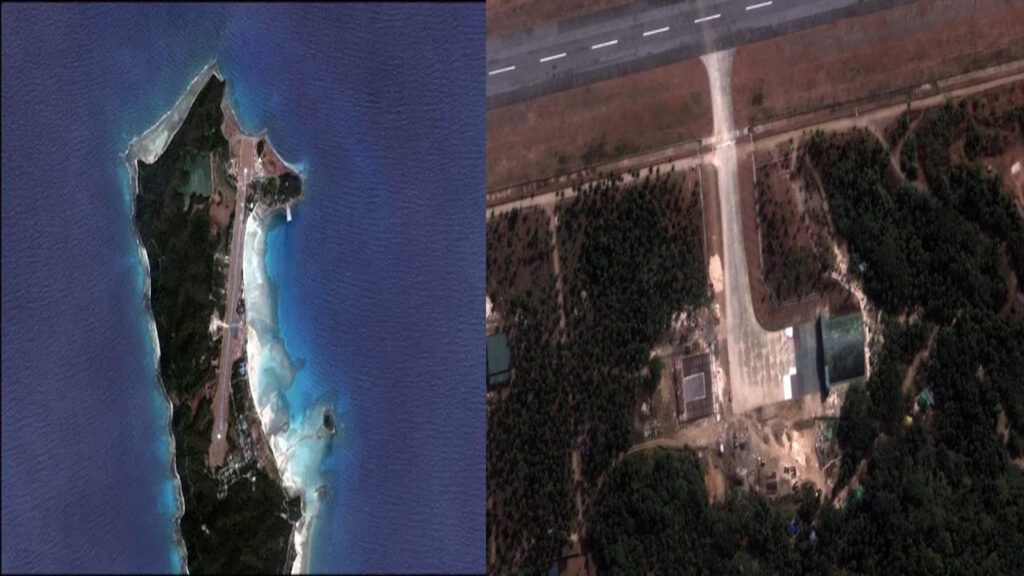Ministry of External Affairs spokesperson Arindam Bagchi reacted to the militarisation of Myanmar’s Coco Islands and said that India keeps a constant watch on all developments concerning India’s security. And India takes all necessary measures to safeguard the same.
While speaking to the media on Thursday, Arindam Bagchi stated firmly that India keeps a constant watch on all developments with a bearing on national security.
MEA spokesperson was asked about the Myanmar Islands in the Bay of Bengal, which have long been the subject of geopolitical intrigue. It is alleged that allegation that since the early 1990s, Myanmar has allowed a Chinese signals intelligence facility on the Coco Islands.
According to recent reports, satellite images of Coco Islands have raised concerns for India about the increased activity.
With the Coco Island developments, India may soon face a new airbase close by in a country increasingly tied to Beijing.
The militarization of Coco Islands by the Tatmadaw, combined with the wider Chinese developments occurring inland, could pose a significant security challenge to India and its navy. The Andaman and Nicobar Islands provide India’s Eastern Fleet strategic depth in the Bay of Bengal and command approaches to the Strait of Malacca, according to an analysis by Chatham House.
Speaking on the issue, Arindam Bagchi said without naming anyone, “India keeps constant watch on all developments bearing India’s security and takes all necessary measures to safeguard the same.”
Beijing has staked a large investment in Myanmar to access Indian Ocean sea lanes.
The past two years of civil war in Myanmar have left it isolated internationally with the military junta, known as the Tatmadaw, increasingly fragile. Beijing has staked a large investment in the country via the China Myanmar Economic Corridor to access Indian Ocean sea lanes as a way to bypass the Strait of Malacca, which has acted as a critical sea lane for shipping destined for China’s east coast, and direct energy imports instead over land into China’s Yunnan province, Chatham House reported.


